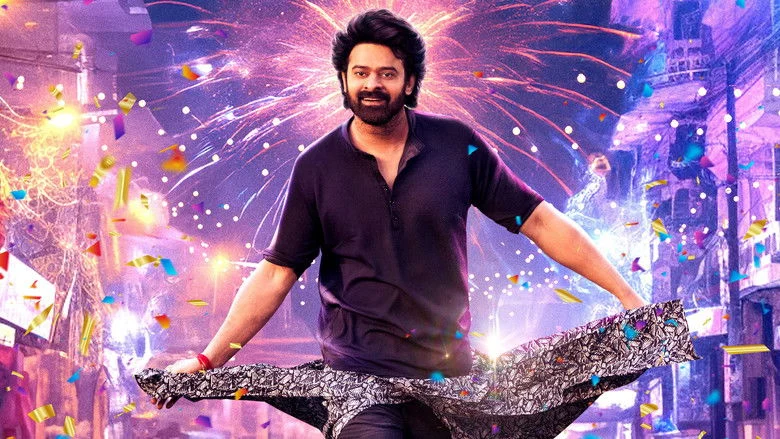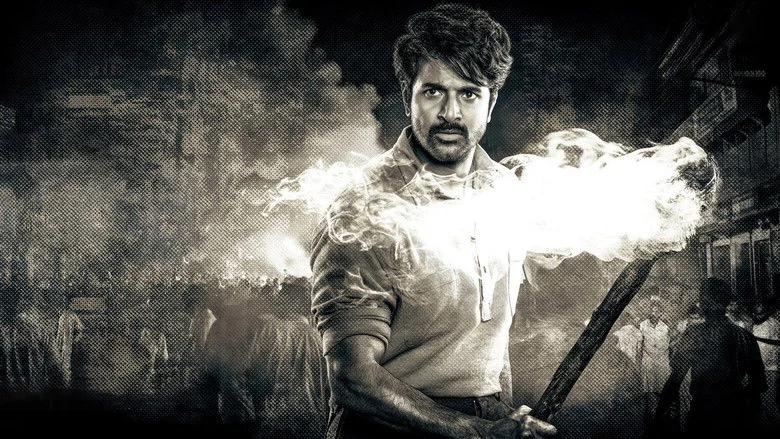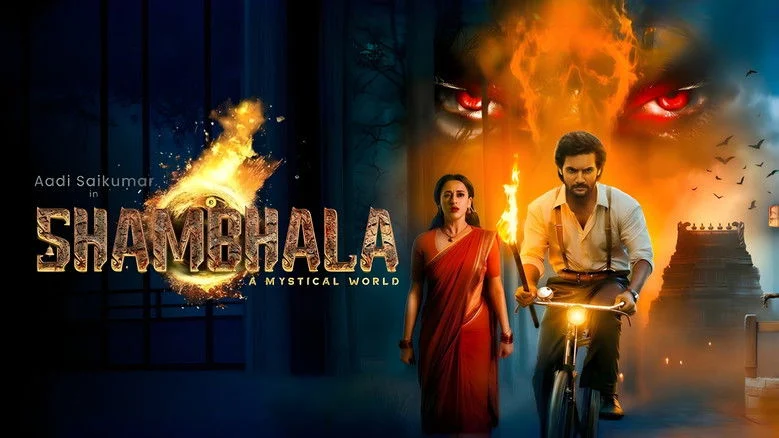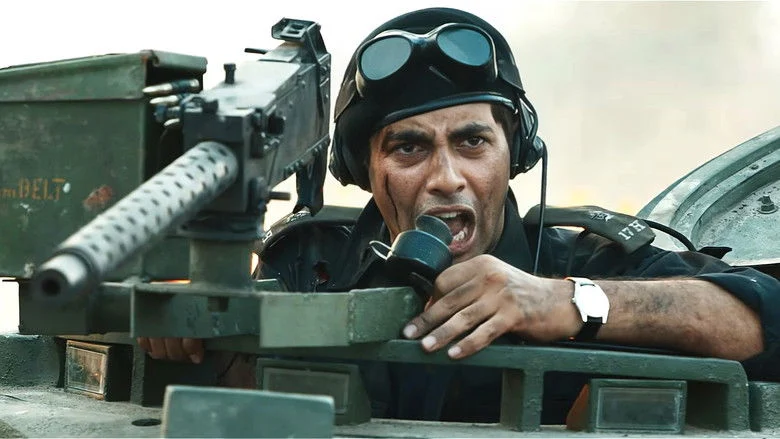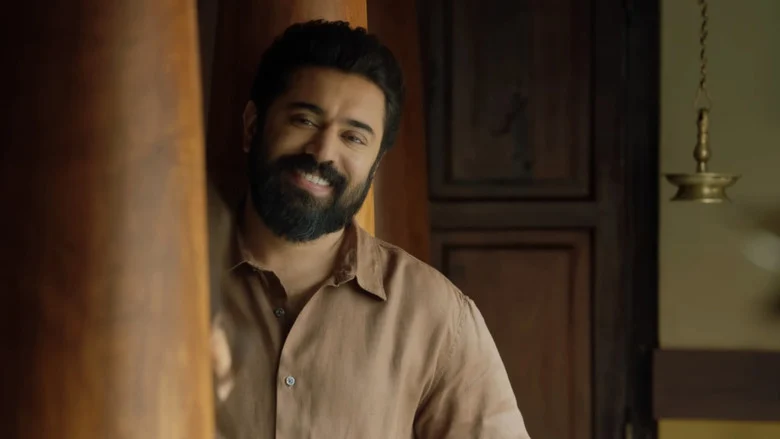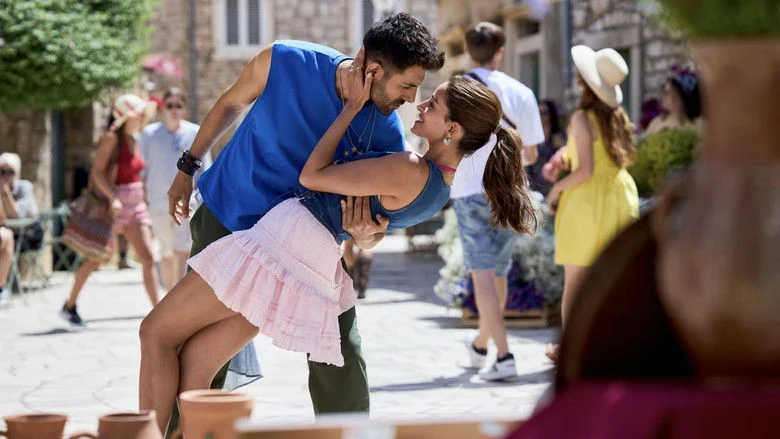What happens when a village runs out of space to bury the dead? Most filmmakers wouldn’t touch such an odd premise, but Uppu Kappurambu dares to explore this unusual territory. Director Ani I.V. Sasi creates a world where death becomes the starting point for life’s most important lessons.
Set in 1990s rural Andhra Pradesh, the film follows Apoorva (Keerthy Suresh), the newly appointed village head of Chitti Jaya Puram. When the local graveyard fills up completely, she must work with Chinna (Suhas), the graveyard keeper, to find creative solutions.
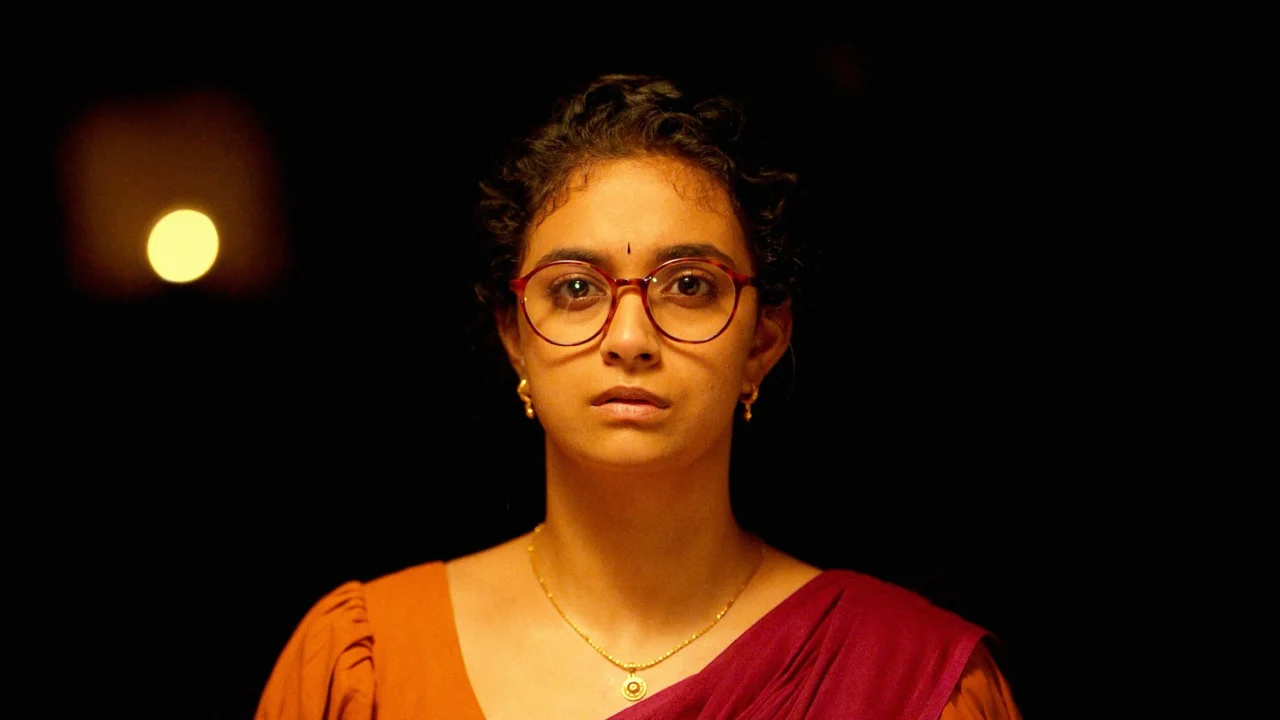
A Story That Surprises
The plot revolves around something most people never think about – what happens when burial grounds overflow. Instead of making this morbid, the writers find genuine humor in human reactions to crisis. The villagers’ responses range from panic to absurd suggestions, creating natural comedy.
I was impressed by how the film uses this crisis to examine village politics and social hierarchies. The 1990s setting works perfectly, showing a time when tradition still ruled rural communities. However, the middle portions slow down considerably, testing viewer patience.
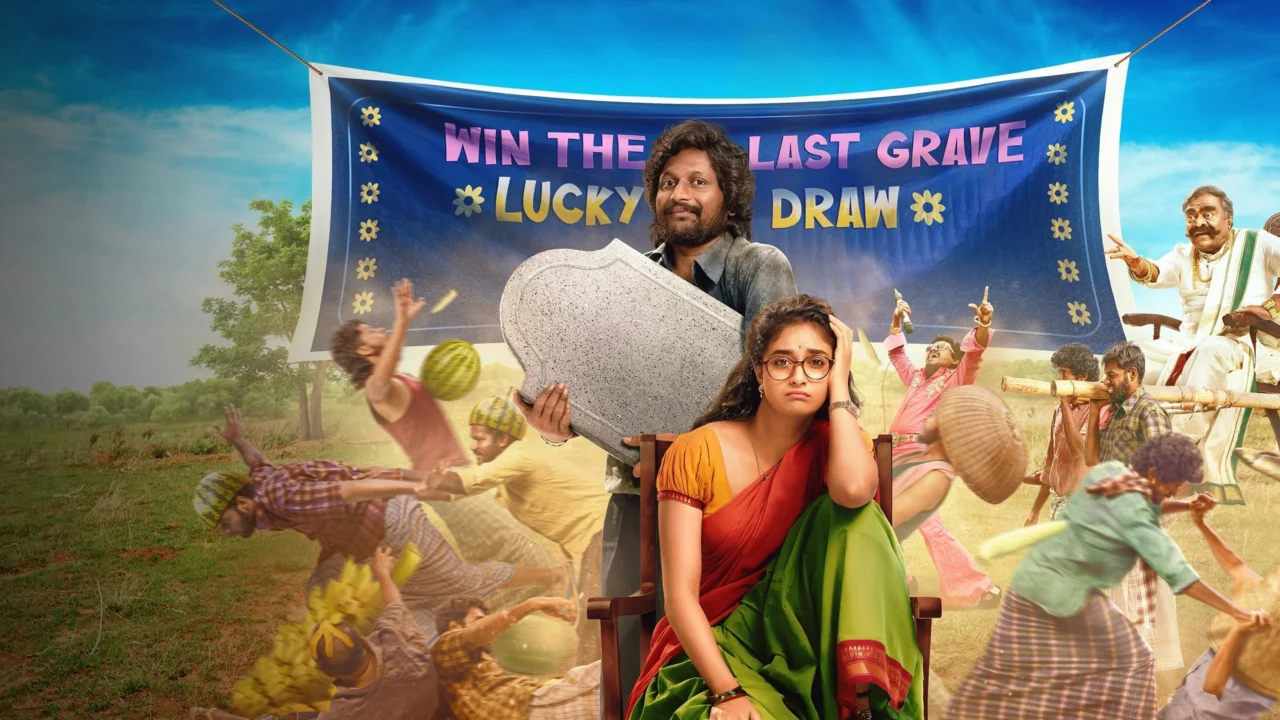
Performances That Connect
Keerthy Suresh transforms completely into Apoorva, the determined village leader who refuses to give up. Her performance feels lived-in rather than acted, especially during confrontations with stubborn villagers. She brings both strength and vulnerability to a role that could have easily become one-dimensional.
Suhas continues his impressive run with another solid performance as Chinna. His character provides the emotional anchor while Keerthy handles the comedy. Together, they create a partnership that feels genuine and drives the story forward even during weaker moments.
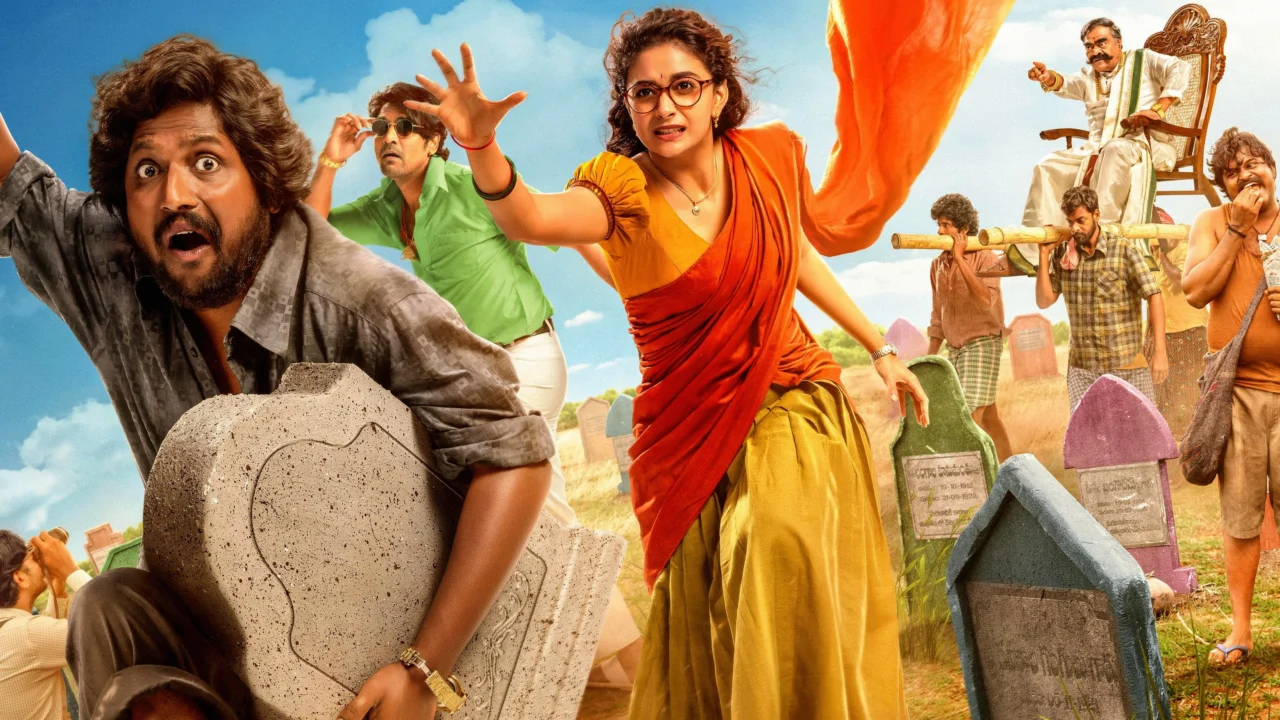
Technical Strengths and Weaknesses
The film looks authentic without trying too hard to impress visually. Divakar Mani’s cinematography captures village life honestly, avoiding the usual romanticized treatment of rural settings. The production design recreates the 1990s convincingly through small details like clothing and household items.
Sweekar Agasthi’s background music supports the story without overwhelming it. The sound design helps build the village atmosphere effectively. Unfortunately, the editing becomes inconsistent, with some scenes dragging while others feel rushed through important developments.
What Really Works
The film’s biggest strength lies in treating its unusual subject matter seriously while finding natural humor within it. The supporting cast, particularly the village elders, brings authenticity that makes you believe in this community. The social commentary about leadership and community responsibility emerges organically from the story.
I appreciated the film’s commitment to showing how people adapt to unexpected challenges. The writing avoids easy solutions, instead showing the messy process of community decision-making. The humor comes from character reactions rather than manufactured jokes.
Where It Stumbles
The pacing becomes the film’s major weakness, particularly after the strong opening act. Some comedic sequences feel forced and break the natural flow that makes the earlier parts work so well. The film would have benefited from tighter editing and clearer focus on its main storyline.
Several supporting characters get introduced but never fully developed, leaving loose threads that distract from the central narrative. The resolution feels somewhat rushed after the slow middle portions, creating an uneven viewing experience that could have been avoided.
Critics and Public Response
Review aggregators show mixed reactions to the film. IMDB users gave it 5.6/10, reflecting divided opinions about its execution. Cinejosh rated it 2.25/5, criticizing the pacing issues and over-the-top moments that hurt the overall impact.
123Telugu praised the fresh concept and performances while noting execution problems. Critics generally appreciated the unique premise and lead performances but pointed out the uneven storytelling that prevents the film from reaching its full potential.
Final Verdict
Uppu Kappurambu deserves credit for choosing an unexplored subject and treating it with genuine care. The film works best when it focuses on the human elements of its story rather than forcing comedy. Keerthy Suresh and Suhas deliver committed performances that elevate the material.
This is the kind of experimental cinema that Telugu audiences need more of, even when the execution isn’t perfect. The film will appeal most to viewers who appreciate content-driven stories and don’t mind slower pacing in exchange for authentic characters and situations.
Rating: 3/5


